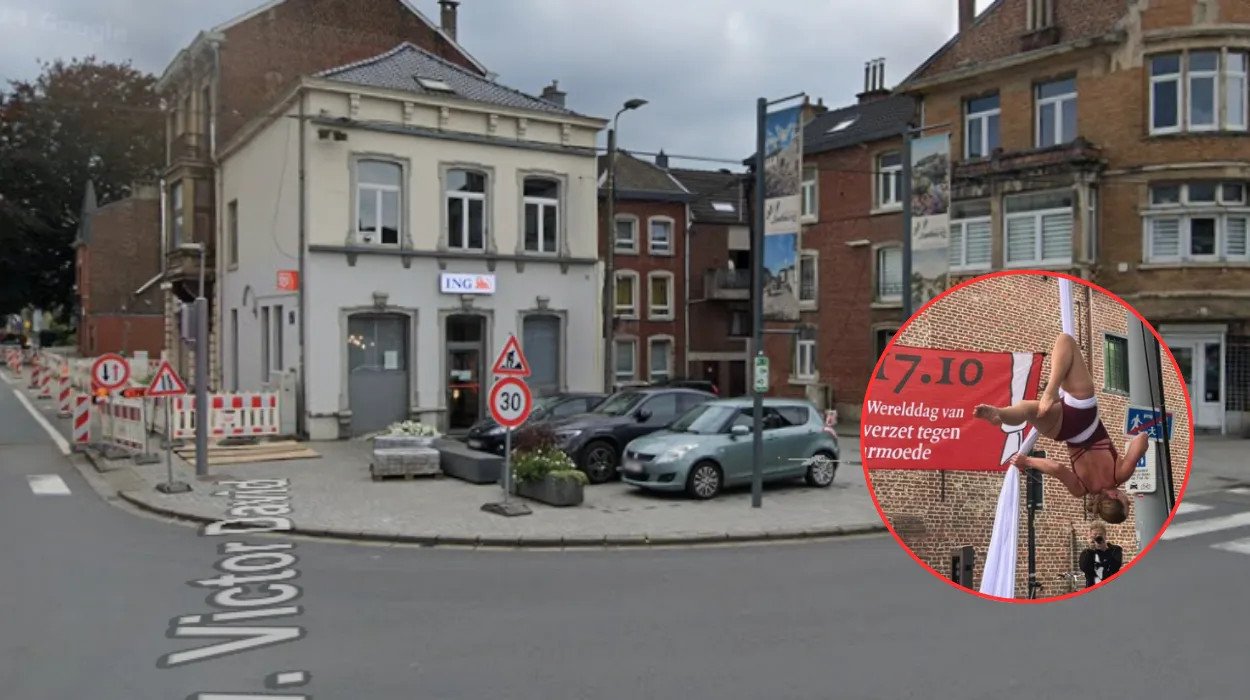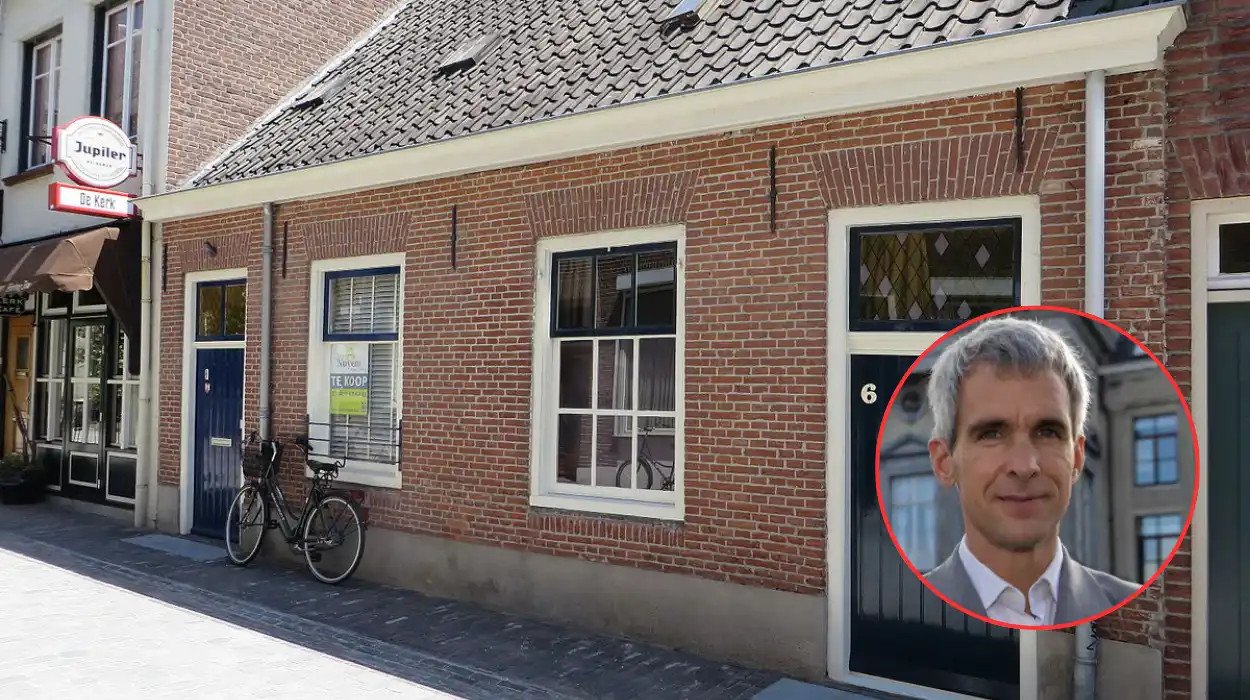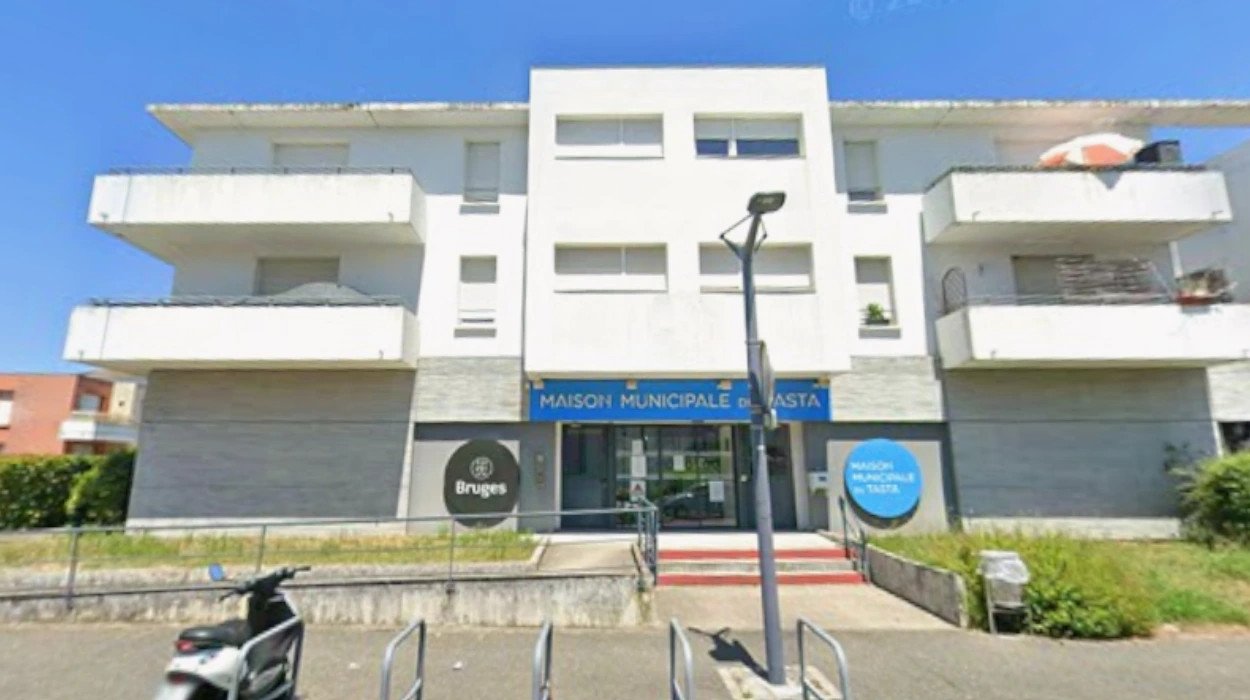The Evolving Role of First Ladies in Diplomacy
The recent correspondence between U.S. First Lady Melania Trump and her Turkish counterpart, Emine Erdoğan, underscores the shifting and often underappreciated influence that first ladies exert in global affairs. As figures wielding a distinct brand of “soft power,” modern first ladies can navigate complex international issues in ways that traditional diplomats may find challenging, reports 24brussels.
Melania Trump’s outreach to Russian President Vladimir Putin, delivered personally by President Trump, aimed to protect children impacted by conflict. Though criticized for its vague language, the letter’s essence appealed to shared humanity, a theme that first ladies have long championed. By emphasizing the “melodic laughter” of children, Mrs. Trump sought to establish a personal connection that transcended geopolitical conflicts, embodying the core of soft power.
This trend of activist first ladies is steeped in U.S. history. Eleanor Roosevelt was the first to leverage this platform for political advocacy, championing civil rights and supporting the New Deal. Hillary Clinton expanded this role by engaging in policy-making, particularly around healthcare reform. Michelle Obama addressed childhood obesity and promoted global education for girls. These prominent figures exemplified how the informal platform of a first lady can drive global advocacy and foster social change.
Emine Erdoğan’s response showcased diplomatic acumen. She commended Mrs. Trump’s “important sensitivity” towards Ukrainian children while cleverly redirecting the discourse to the children of Gaza. This strategy was more than a rebuke; it was a tactical use of Mrs. Trump’s own humanitarian rhetoric. By aligning her appeal with the universal values of compassion, Mrs. Erdoğan effectively mirrored Mrs. Trump’s advocacy, compelling her American counterpart to apply her humanitarian principles uniformly.
While cloaked in humanitarian language, Erdoğan’s response aligned with Turkey’s foreign policy goals, which have been critical of Israeli actions in Gaza. By encouraging Melania Trump to reach out to Israeli Prime Minister Benjamin Netanyahu, she sought to leverage a high-profile figure outside traditional foreign policy circles to influence a crucial ally. Thus, the emotional appeals were more than expressions of empathy; they were strategically crafted messages designed to place humanitarian responsibilities on the United States while elevating Turkey’s position in international discourse.
This exchange elucidates several key components of First Lady diplomacy:
Firstly, it illustrates the surrogate power of first ladies, who can convey messages that the president may hesitate to express directly. By allowing Mrs. Trump to deliver the letter, President Trump showcased a gentler side to his foreign policy while retaining a traditional, strong negotiating stance, which enables a more nuanced approach to international relations.
Secondly, it reflects the inherently political nature of humanitarian advocacy. While first ladies may focus on “safer” topics like health and education, these issues are never devoid of political implications. Mrs. Trump’s letter created an opportunity that Mrs. Erdoğan deftly utilized to advance Turkey’s agenda concerning the humanitarian crisis in Gaza.
Finally, this incident highlights the growing global network among first ladies. In an interconnected world, the actions of one first lady are instantly visible and can elicit responses from their counterparts, fostering a new form of diplomacy that leverages personal connections and shared values to support national interests.
Despite some dismissing this interaction as trivial, a thorough examination uncovers the significant impact of public diplomacy. However, a critical analysis reveals certain limitations and potential vulnerabilities linked to this informal role. What is deemed a “masterstroke” in one instance can, in another context, be perceived as the exploitation of a non-official figure, exposing nations to public scrutiny without the safeguards of formal diplomacy. The success of first lady diplomacy depends on a careful balance, with any disruption potentially leading to adverse consequences.










